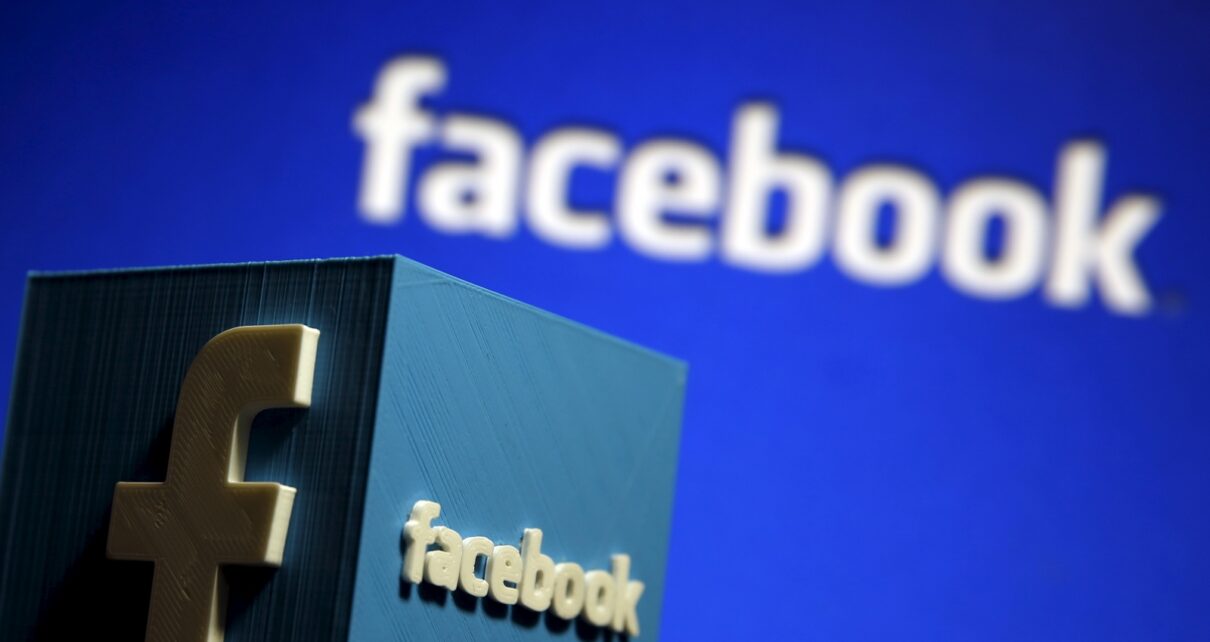Facebook is reshuffling its names under a rebranded corporate parent: Meta.
CEO Mark Zuckerberg announced the change Thursday, saying he wanted a new brand and a clearer corporate naming scheme to help focus on what’s next for the internet beyond social media.
The rebrand comes as Facebook faces a deluge of news stories and public scrutiny based on thousands of internal corporate documents obtained by news organizations, including NBC News. The documents, originating with former Facebook product manager and whistleblower Frances Haugen, reveal internal employee dissent over the platform’s policies.
The change won’t affect the name of the company’s signature blue-colored app, which will keep the name Facebook. But it will mean a new identity for the corporate umbrella that also owns Instagram and WhatsApp.
Together with the app Messenger, Meta will own and control four of the most popular smartphone apps in the world.
The name is a nod to the idea of the “metaverse,” a term for a potential future internet that emphasizes virtual spaces. Zuckerberg said the metaverse will be the internet’s “next frontier.”
Mark Zuckerberg said Facebook and its various apps would now fall under a new company name, Meta.Facebook
“Facebook is one of the most-used products in the history of the world. It is an iconic social media brand, but increasingly, it just doesn’t encompass everything we do,” he said in an online presentation.
“I want to anchor our work and our identity in what we are building towards,” he said.
Facebook’s focus on the idea of a metaverse has a lot of precedent in other tech companies, from the virtual world Second Life founded in 2003 to the online gaming platform Roblox. It’s also been the subject of numerous science fiction novels and films such as “Ready Player One.”
Zuckerberg, who has a longtime interest in studying classical Greece and Rome, noted that “meta” is Greek for “beyond.”
The company’s stock ticker will also change from FB to MVRS as of Dec. 1, CNBC reported.
The creation of Meta is reminiscent of Google’s decision in 2015 to restructure under a new corporate parent named Alphabet. That change separated Google’s search engine and advertising businesses from other, unproven projects, such as the development of autonomous vehicles
In 2019, Facebook shifted its branding strategy to emphasize the name Facebook, adding labels to the Instagram and WhatsApp apps to make the relationship clearer to users. It did so at the same time that lawmakers and other critics of Facebook were calling on the government to break up the company — which the Federal Trade Commission is now asking a federal court to do.
The Verge, a tech news website, reported in mid-October that Facebook planned to announce a name change to “focus on building the metaverse.”
“Over the next five years or so, in this next chapter of our company, I think we will effectively transition from people seeing us as primarily being a social media company to being a metaverse company,” Zuckerberg told the website in July.
The announcement of the new name and structure came at the end of a presentation on the company’s plans for virtual and augmented reality. Zuckerberg walked through some uses of an immersive virtual experience, from gaming and pretend surfing to work meetings, digital concerts and exercise.
“You’re going to be able to do almost anything you can imagine,” Zuckerberg said.
“Teleporting around the metaverse is going to be like clicking a link on the web,” he said.
Marne Levine, the company’s chief business officer, also invoked antiquity as another application of the metaverse, saying Meta’s customers could transport to ancient Rome or other times in history.
“Imagine standing on the streets, hearing the sounds, visiting the markets, to get a sense of the rhythm of life over 2,000 years ago,” she said.
Facebook moved into the virtual reality sector with its purchase of the company Oculus VR in 2014 for $2 billion. Its Oculus headsets now form the basis for Zuckerberg’s metaverse plans, and he said he plans to continue selling the headsets at cost or at a loss to try to build up the number of users










